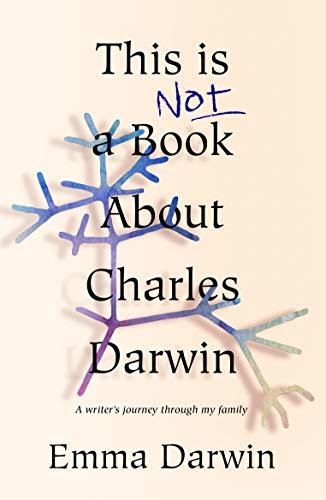What do you think?
Rate this book


328 pages, Kindle Edition
First published February 12, 2019
Women’s first names are the linguistic equivalent of mitochondrial DNA: transmitted through the mother, as surnames may be transmitted, like other DNA, through the father.